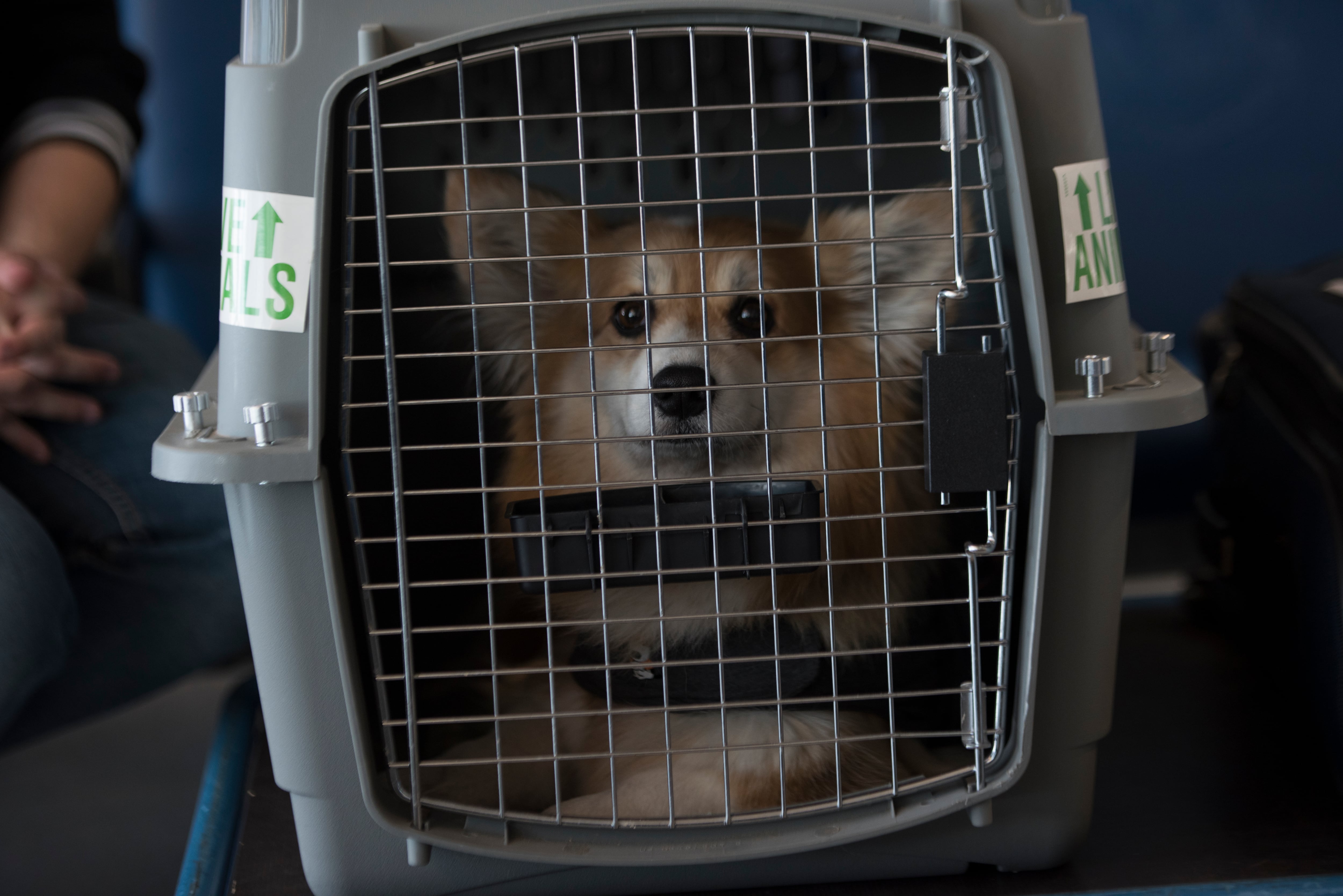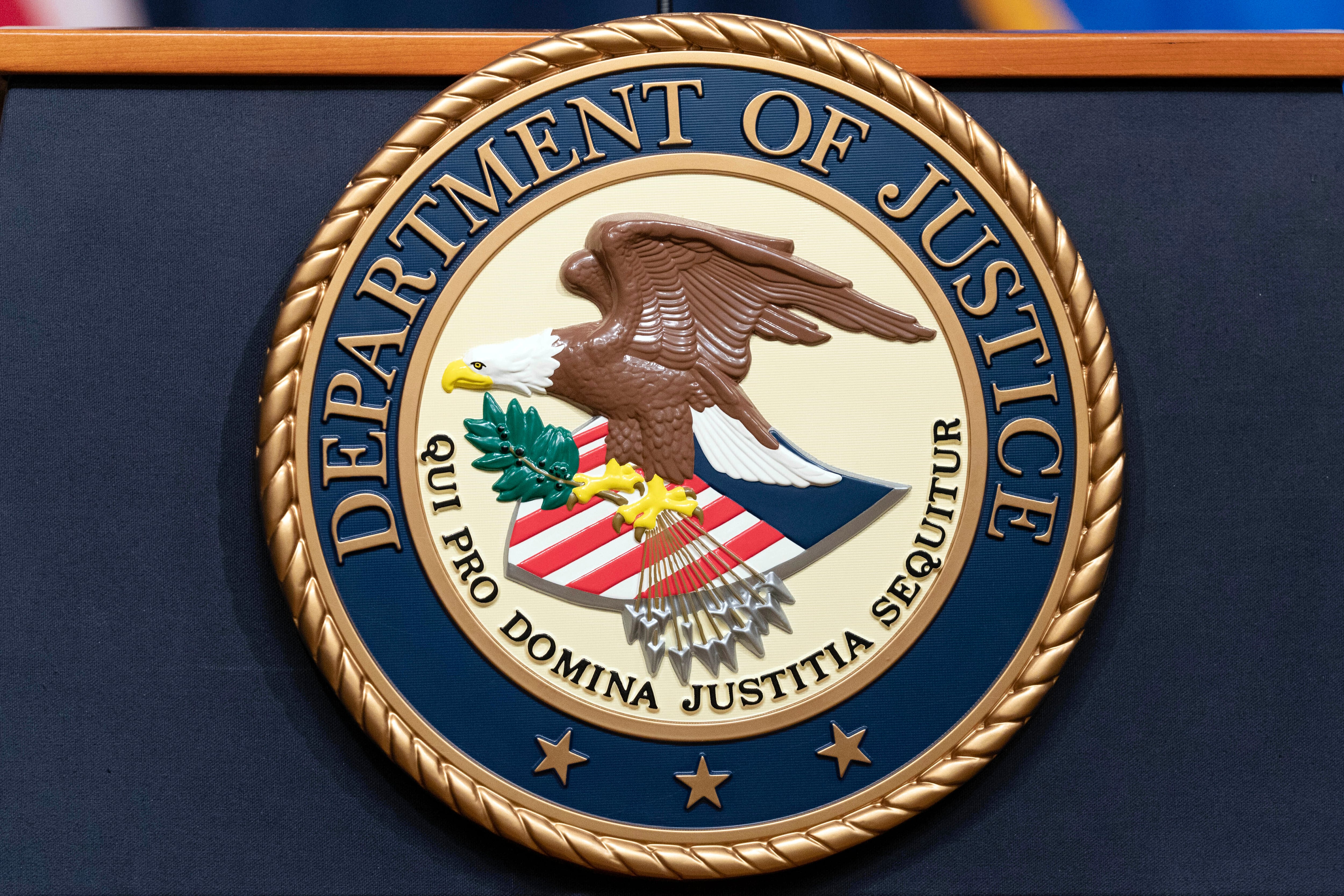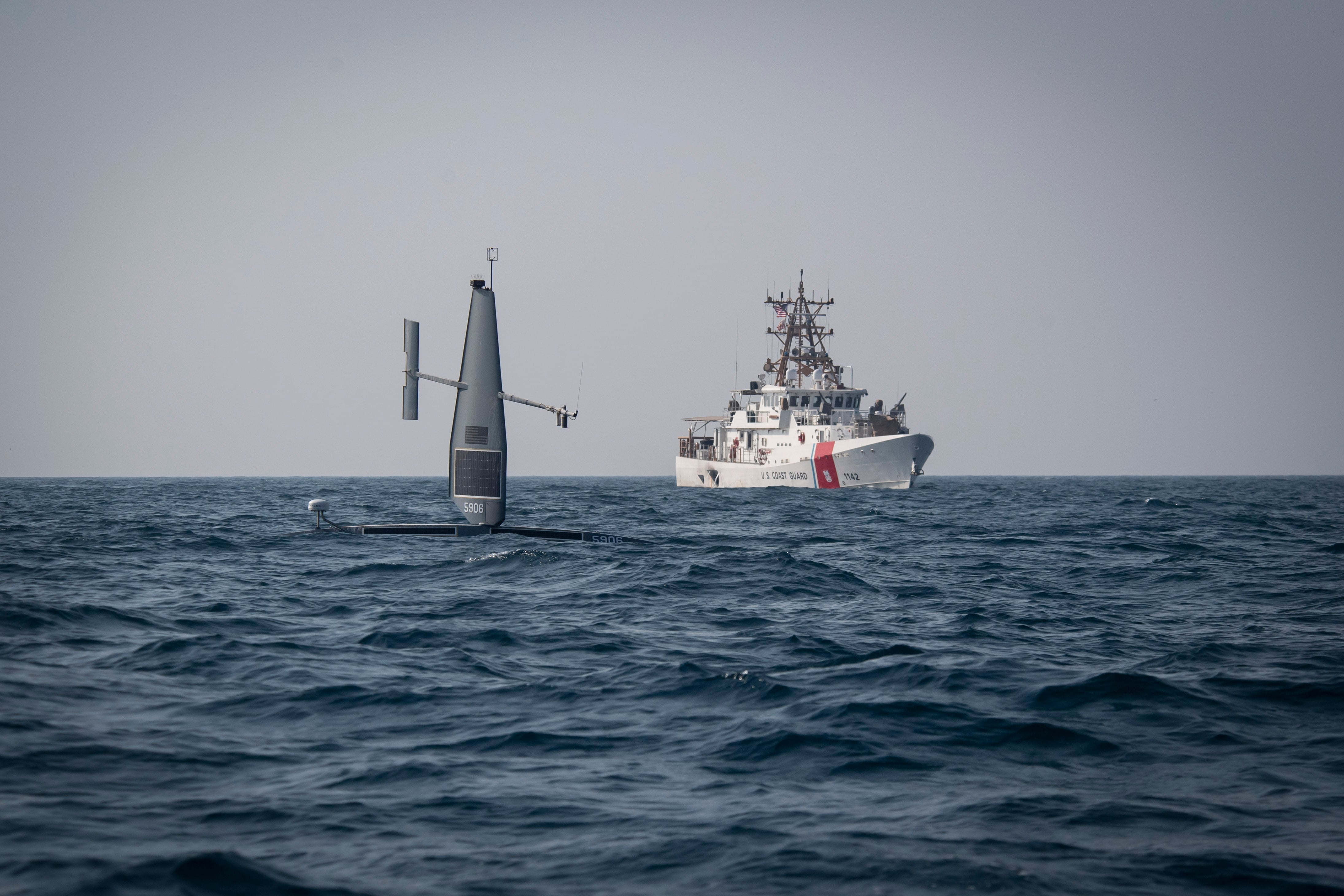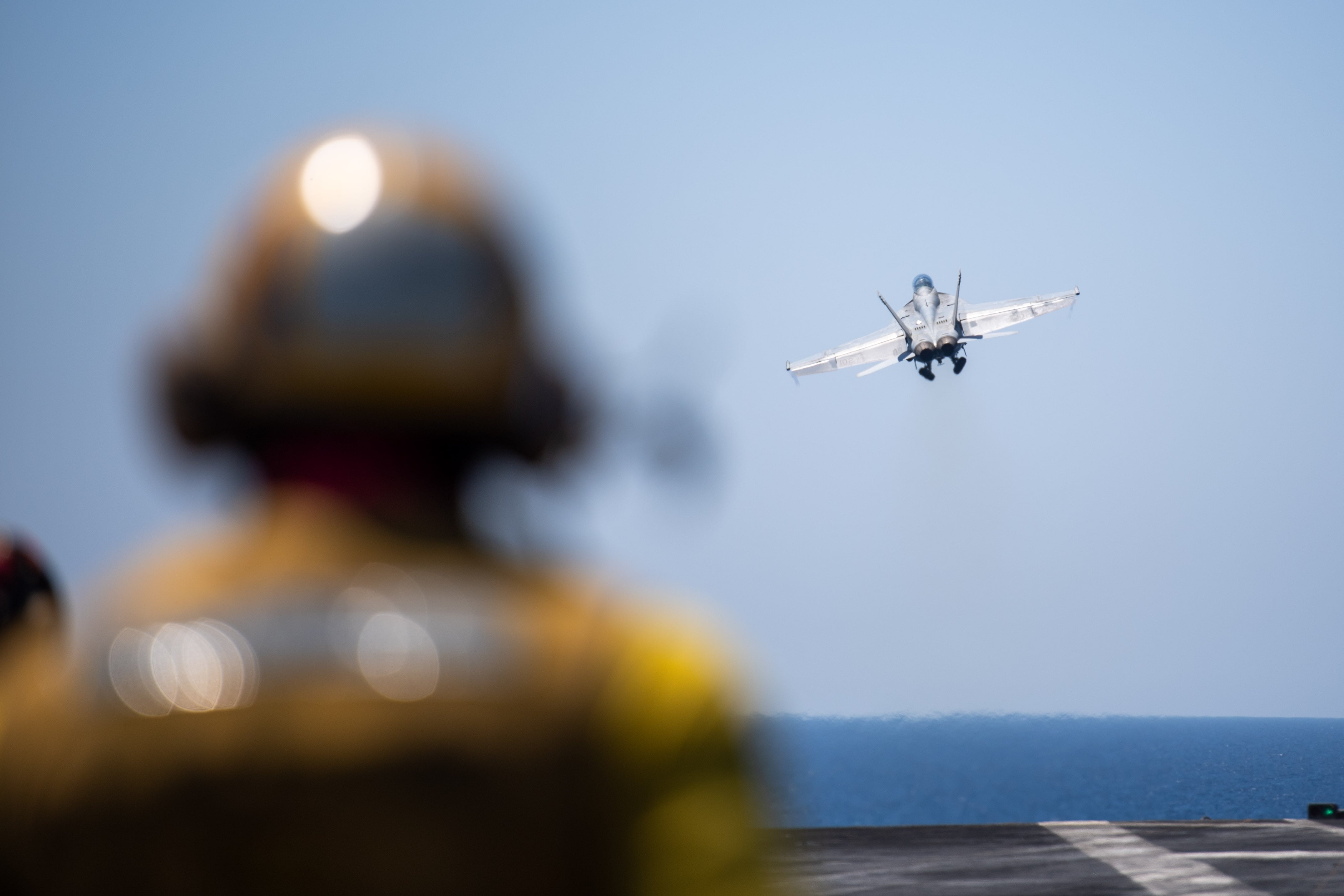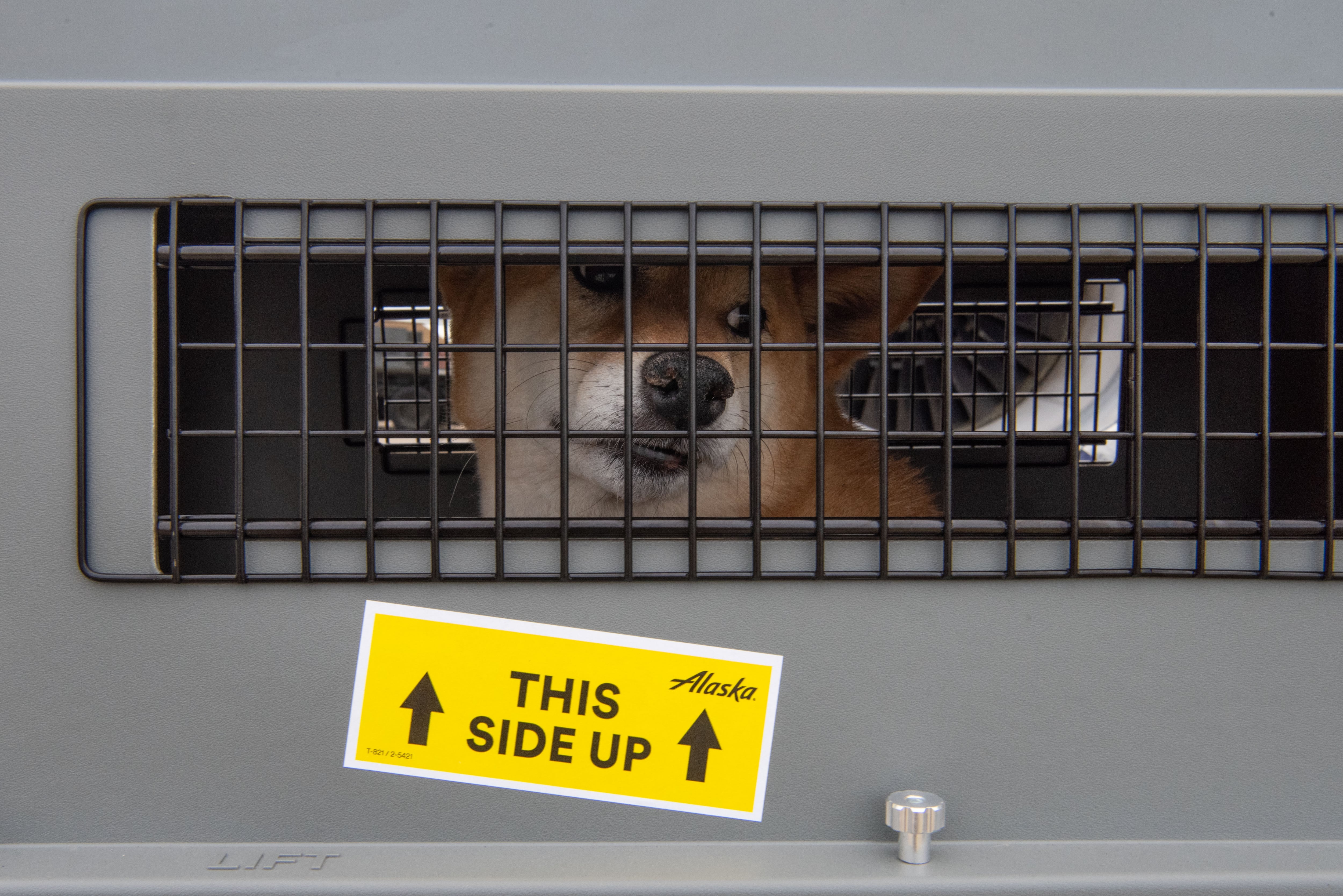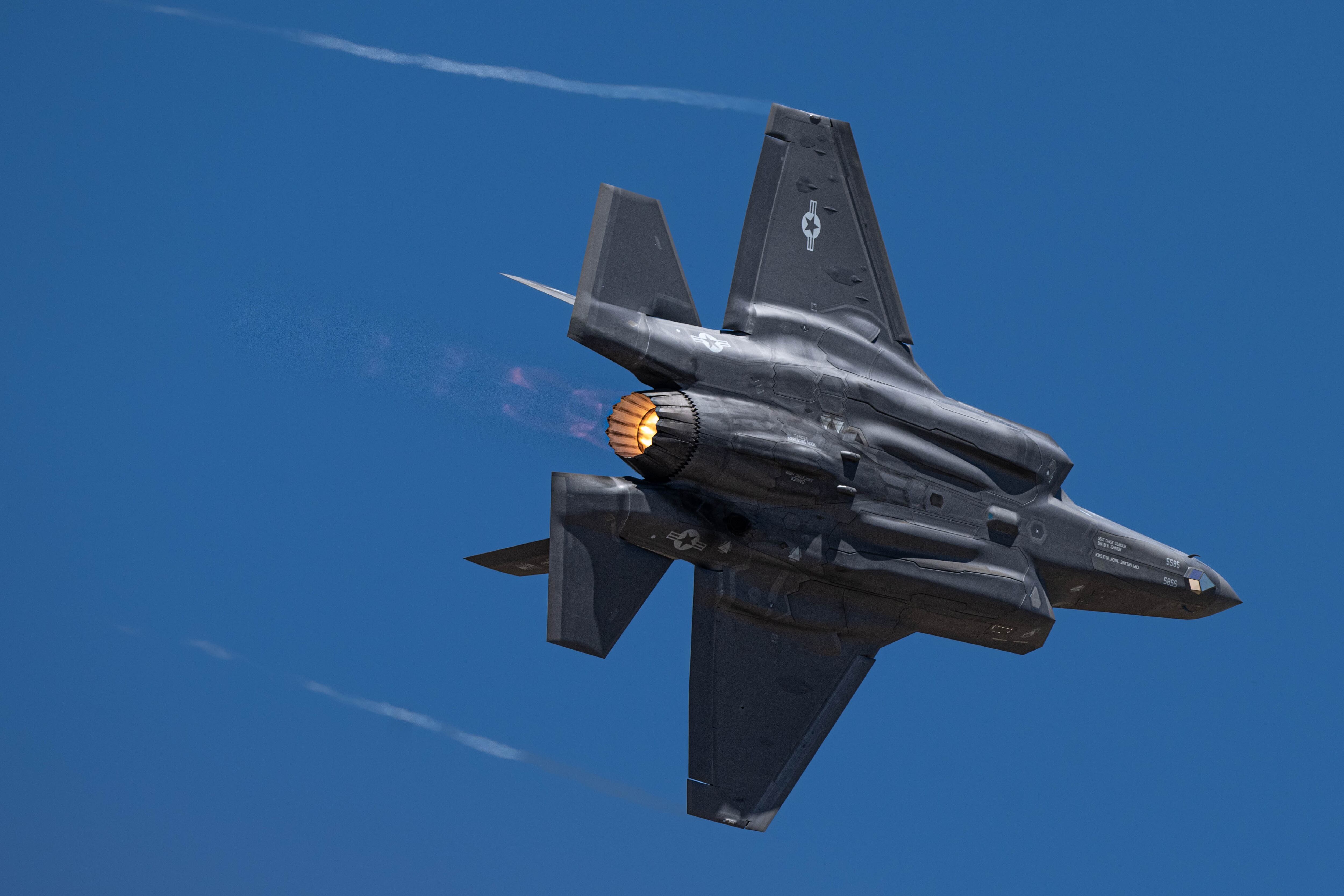The Pentagon said Thursday the U.S. launched retaliatory strikes targeting an Iranian-backed Shia militia group believed responsible for the rocket attack that killed and wounded American and British troops at a base north of Baghdad.
The Pentagon said it struck five Kataib Hezbollah weapons facilities inside Iraq to “significantly degrade their ability to conduct future attacks against Operation Inherent Resolve (OIR) coalition forces."
The storage facilities targeted in the strikes stored weapons used to target U.S. and coalition troops, according to the Pentagon. The Defense Department said Thursday’s “defensive” strikes were “proportional” and a “direct response” to the threat of Iran-backed groups operating in Iraq.
“The United States will not tolerate attacks against our people, our interests, or our allies,” Secretary of Defense Mark Esper said in the release. “As we have demonstrated in recent months, we will take any action necessary to protect our forces in Iraq and the region.”
The strikes were a partnered operation with the British, a U.S. official said. The official spoke on condition of anonymity because operations were still going on.
RELATED
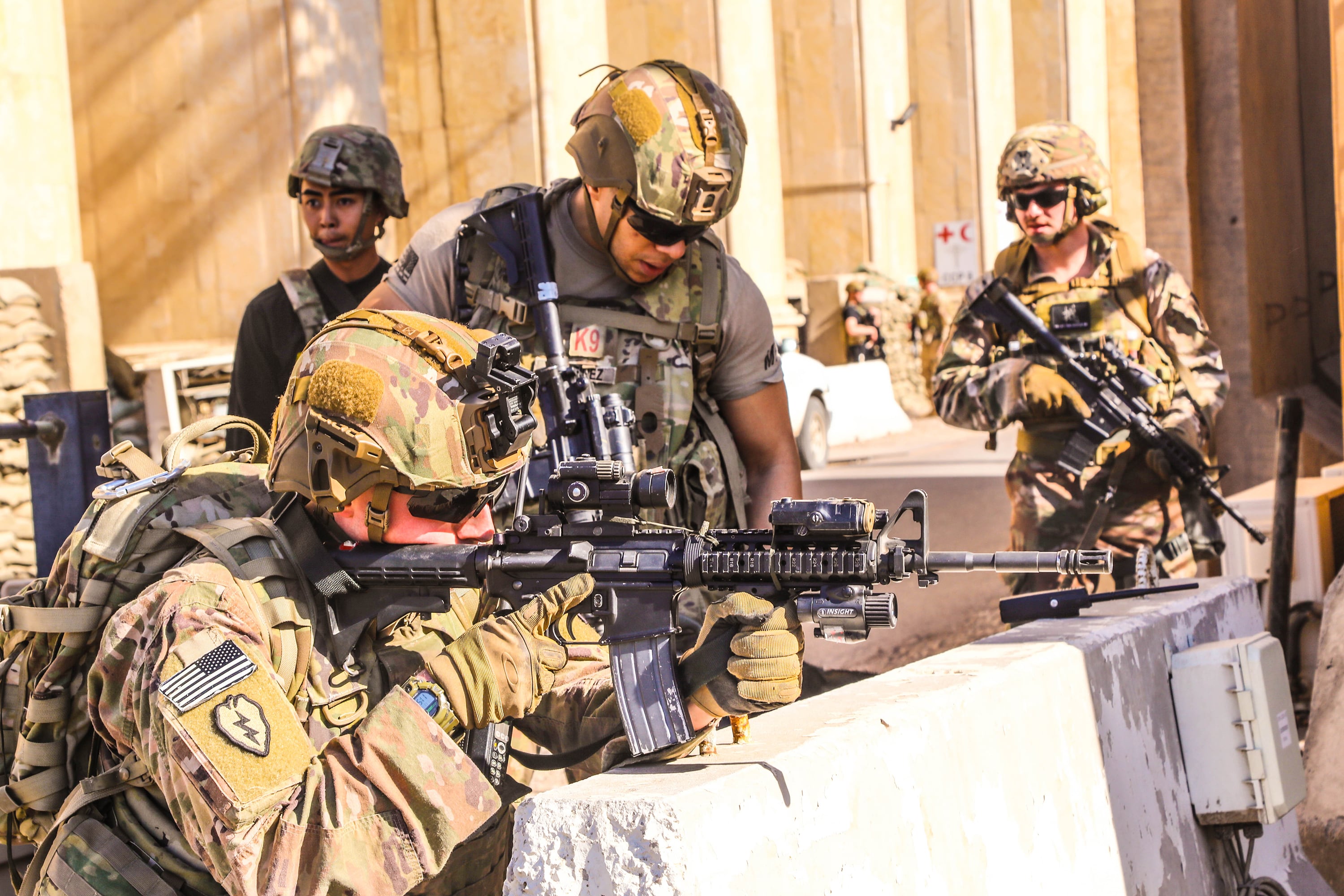
Defense Secretary Mark Esper told reporters at the Pentagon earlier Thursday that President Donald Trump had given him the authority to take whatever action he deemed necessary.
“We’re going to take this one step at a time, but we’ve got to hold the perpetrators accountable,” Esper said. “You don’t get to shoot at our bases and kill and wound Americans and get away with it.”
At the White House, Trump had also hinted that a U.S. counterpunch could be coming, telling reporters, “We’ll see what the response is.” And Army Gen. Mark Milley, chairman of the Joint Chiefs of Staff, told Pentagon reporters the U.S. knows “with a high degree of certainty” who launched the attack.
On Capitol Hill earlier in the day, Marine Gen. Frank McKenzie, the top U.S. commander for the Middle East, told senators the deaths of U.S. and coalition troops created a “red line” for the U.S., but said he didn’t think Iran has “a good understanding of where our red line is.”
Asked if any counterattack could include a strike inside Iran, Esper said, “We are focused on the group that we believe perpetrated this in Iraq.”
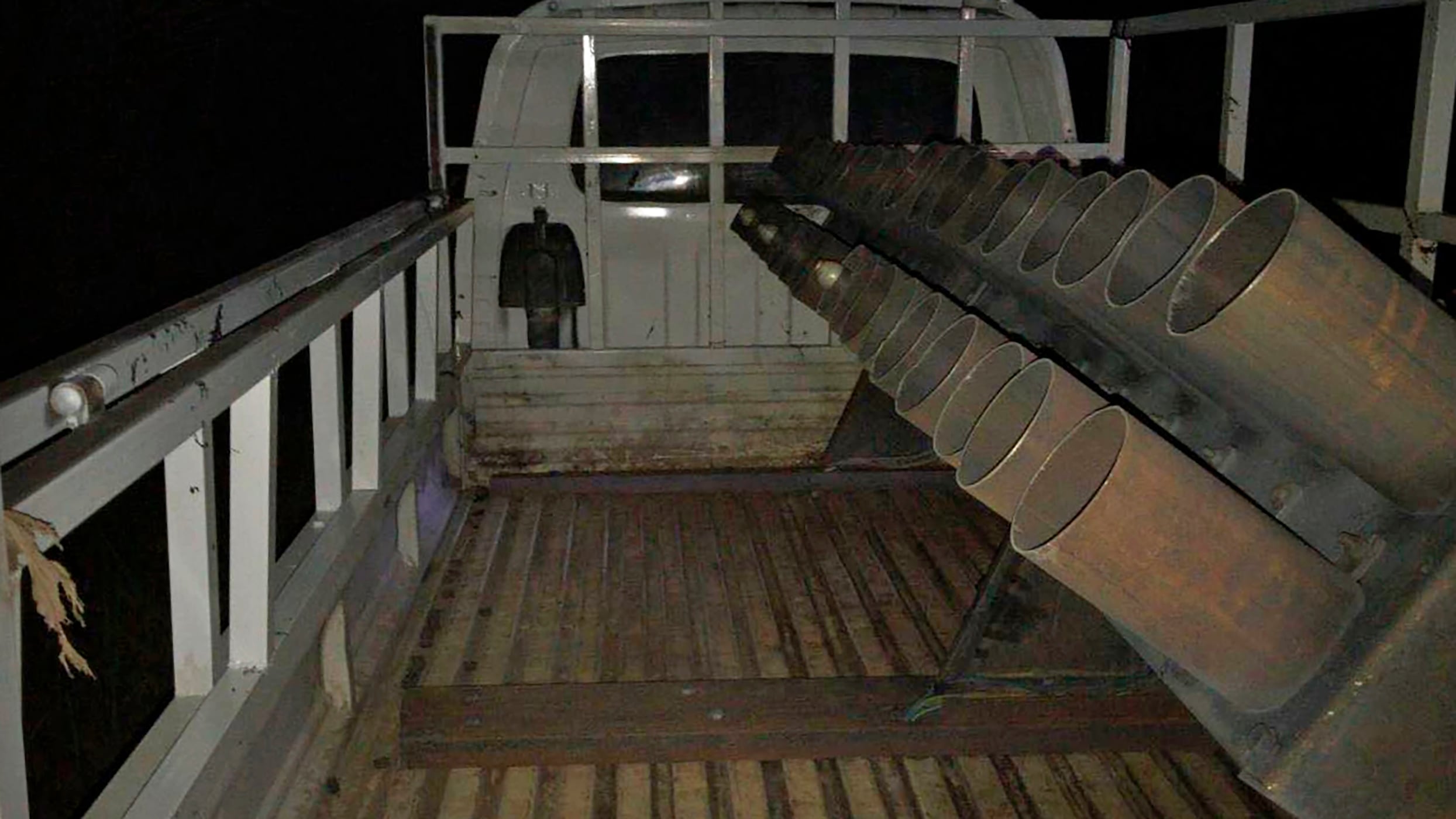
Two U.S. troops and one British service member were killed and 14 other personnel were wounded when 18 rockets hit the base Wednesday. The U.S. military said the 107mm Katyusha rockets were fired from a truck launcher that was found by Iraqi security forces near the base after the attack.
U.S. officials were hesitant Thursday to point fingers at Iran, but Kataib Hezbollah, an Iran-backed Shia militia in Iraq, is suspected of carrying out Wednesday’s attack on Camp Taji that killed three and wounded more than a dozen. And the U.S. strikes, which came in the middle of the night in Iraq, targeted that group.
RELATED
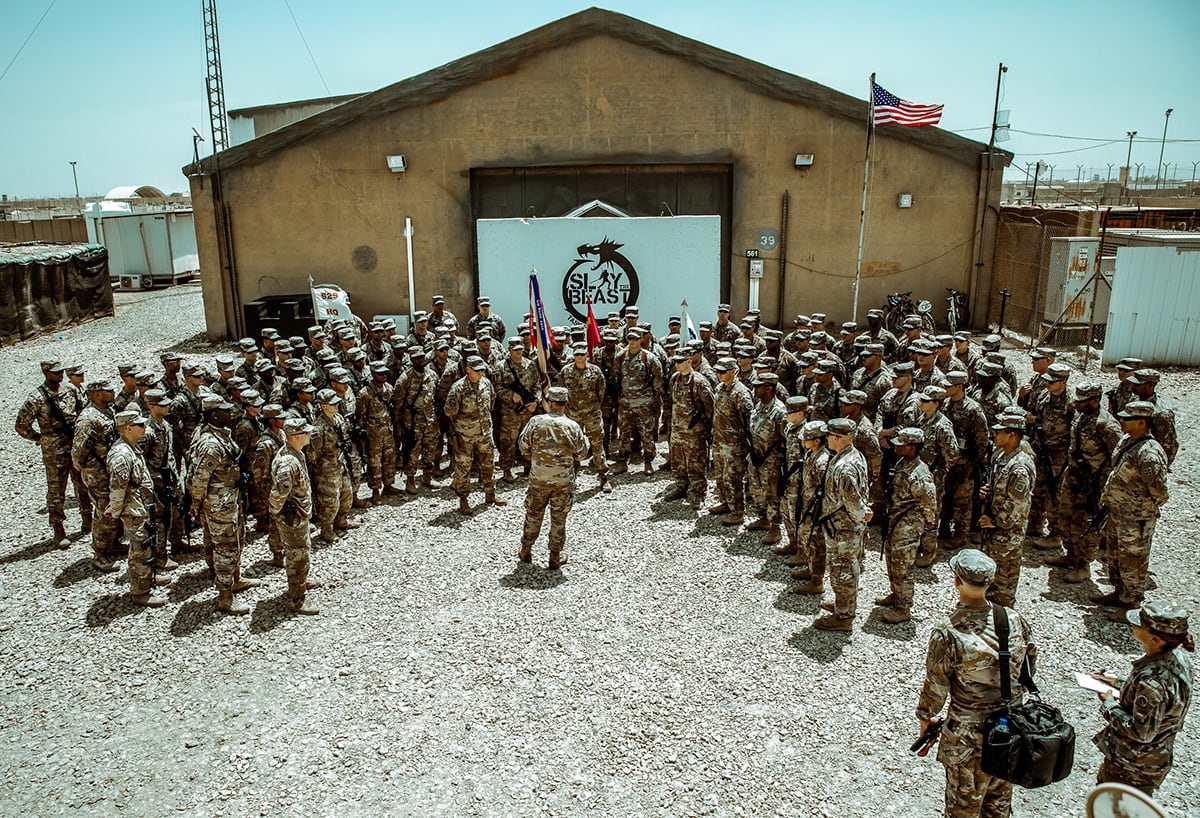
Kataib Hezbollah, a Shia militia group in Iraq backed by Iran, is believed to be behind dozens of rocket attacks targeting Iraq bases housing coalition troops, including the deadly Dec. 27, 2019, attack against a Kirkuk installation that killed an American contractor and nearly led to a war with Iran.
Following the Kirkuk attack, American warplanes targeted Kataib Hezbollah resulting in the group’s supporters attempting to storm the U.S. embassy in early January and the subsequent decapitation strike that killed Iran Quds Force commander Qassem Soleimani.
Iran retaliated for Soleimani’s death, firing more than a dozen ballistic missiles at two Iraqi bases housing U.S. troops on Jan. 8. No American troops were killed in the attack but more than 100 service members have suffered from traumatic brain injury.
Thousands of additional American troops were rapidly deployed to the Middle East to deter Iran from further aggression.
McKenzie told the Senate Armed Services Committee on Thursday morning that the killing of Soleimani and the increase in U.S. troops and assets in the region has made clear to Iran that the U.S. will defend its interests there. He said the U.S. has re-established a level of deterrence for state-on-state attacks by Iran.
However, he said: “What has not been changed is their continuing desire to operate through their proxies indirectly again us. That is a far more difficult area to deter.”
On Thursday, Esper and Milley said they spoke with their British counterparts about the attack, but declined to provide details.
Asked why none of the rockets was intercepted, Milley said there are no systems on the base capable of defending against that type of attack.
He also said the 14 injured personnel were a mix of U.S. and allied troops as well as contractors, and they will also be monitored for possible traumatic brain injury in the wake of the blasts.
Shawn Snow is the senior reporter for Marine Corps Times and a Marine Corps veteran.



